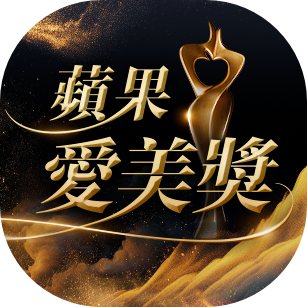Historical accounts of mad honey go as far back as the 6th century BCE. Ancient Greek mythology suggests that the sweet substance was used in fortune-telling. In another account, a Greek historian wrote about a Greek army passing through Turkey in 401 BCE. After eating the local wild honey, the soldiers experienced severe discomfort and were forced to stop for a few days to recover. In 65 BCE, a king named Mithridates came up with a clever plan to trick the Roman army that was pursuing him. His army left behind honeycombs of mad honey for the Roman soldiers to find. After the Romans ate them and fell ill, Mithridates’ army then returned and destroyed the weakened Roman force.
疯狂蜂蜜的历史记载可追溯到西元前六世纪。古希腊神话中提到,这种甜美的物质曾用于占卜中。在另一则记载中,一位希腊历史学家描述了在西元前 401 年,一支希腊军队行经土耳其。士兵们在吃了当地的野生蜂蜜后,感到极为不适,被迫停下来休息几天以便康复。西元前 65 年,一位名叫米特里达梯的国王想出了巧妙的计划来欺骗追捕他的罗马军队。他的军队留下疯狂蜂蜜的蜂窝让罗马士兵发现。在罗马士兵食用并因此生病后,米特里达梯的军队随后折返并摧毁了虚弱的罗马军队。
生活必备字词:
substance n. 物质
severe a. 严重的
pursue vt. 追捕,追踪
destroy vt. 毁灭,摧毁
◆免费线上听外师朗读 https://ivyforfree.pse.is/3jks97
本文节录自《常春藤生活英语》杂志,完整内容请见五月号。
 點擊閱讀下一則新聞
點擊閱讀下一則新聞







